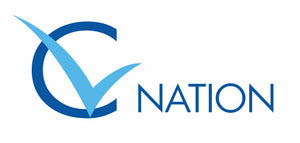I’m a Human Resources Manager with over 12 years’ experience in HR. I started my human resources career as a HR advisor, before gaining promotion to the role of HR manager, a role I have been employed in for the last eight years.
I got into HR because I’m passionate about the people of organisations. I’m proud of the fact that, during my time in HR, I have been able to make positive impacts on employees and their working conditions.
A large aspect of my job in recent times has been the development and implementation of change programmes. For example, I executed Example Company’s diversity & inclusion programme, which has seen the company recruit more people from diverse backgrounds.
